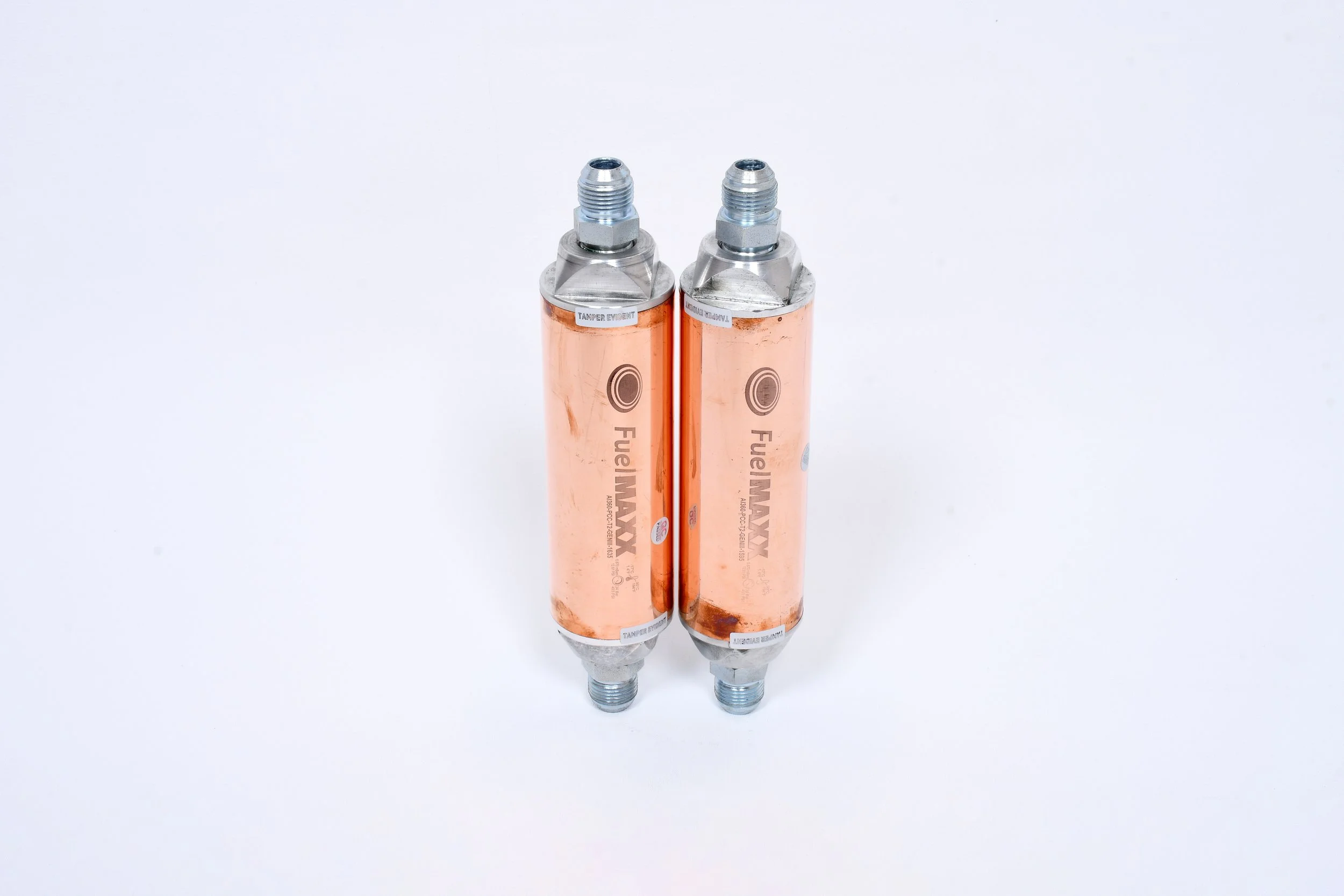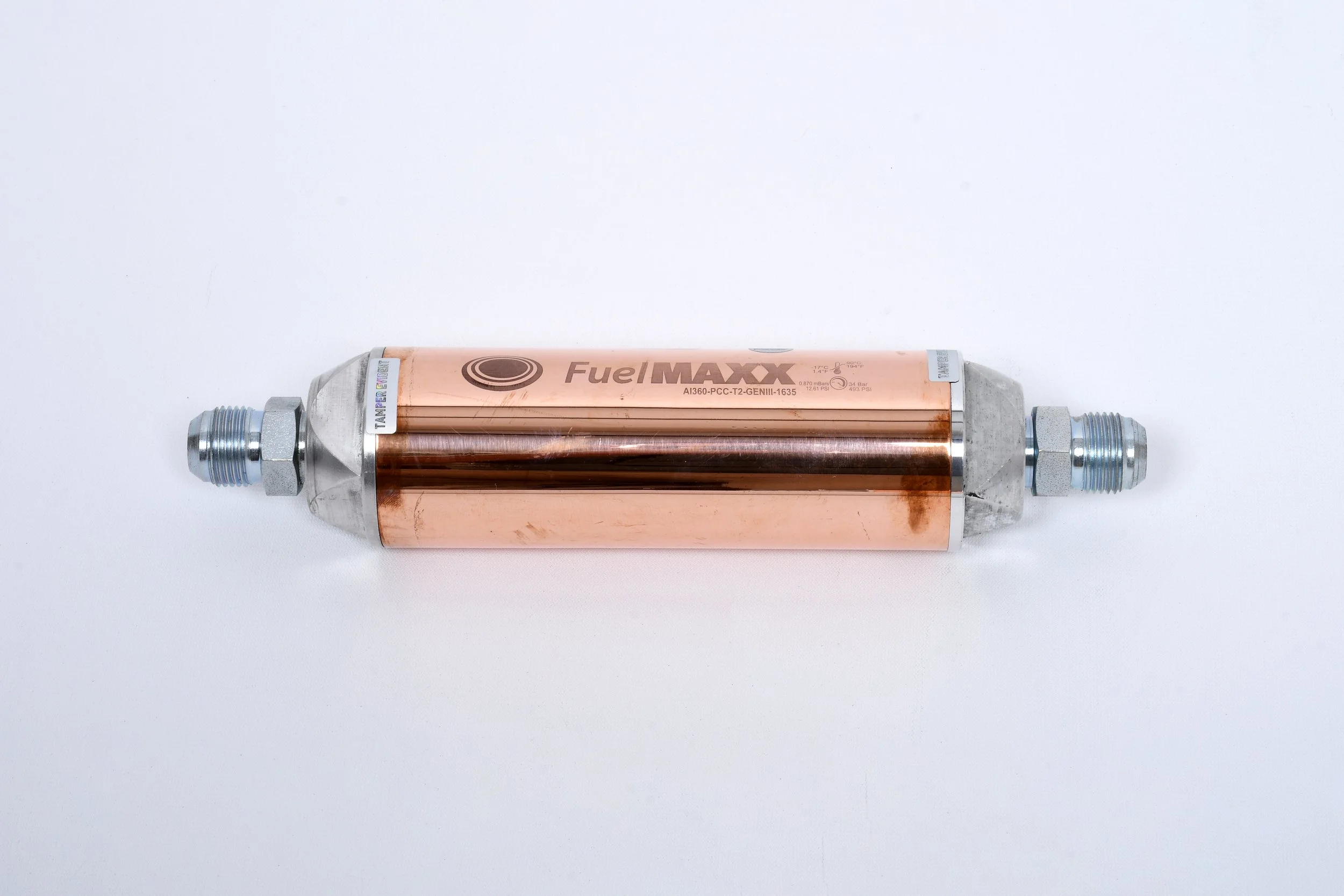Comprehensive performance evaluations and laboratory analyses have demonstrated the efficacy of the fuel modulation technology in mitigating carbon emissions from fuel oil-dependent systems, including but not limited to stationary and mobile combustion platforms such as generators, boilers and heavy-duty machinery.
Upon exposure to the modulation, the fuel undergoes a molecular restructuring process. This reaction facilitates partial dehydrogenation, liberating hydrogen atoms and generating lighter hydrocarbon fractions with reduced molecular weight, vapor pressure, and boiling point, consequently resulting in a finer dispersion of fuel particles and improved air–fuel mixing ratios.
The increase in reactive surface area promotes more complete and uniform combustion, reducing unburned hydrocarbons and improving thermal efficiency. Ultimately, this leads to a measurable reduction in greenhouse gas emissions and particulate matter, optimizing fuel performance.





